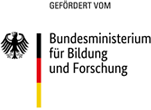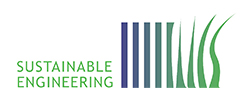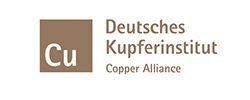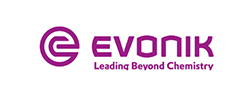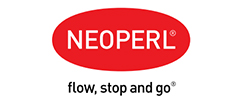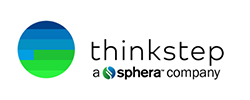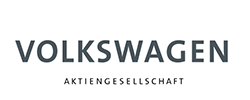Guide to analysing an organizational water footprint (OWF). The process measures an organization’s water consumption and the resulting local effects along the value chain.
As part of the WELLE research project, a method for the analysis of an organizational water footprint (OWF) was developed. It determines the water consumption of an organization and the resulting local impacts along value chains. Contrary to common practice, the OWF not only takes into account the direct water consumption at an organization’s location, but also the indirect water consumption due to, for example, energy generation and raw material production (upstream), the use and end-of-life phases (downstream). The process also takes the organization’s direct water consumption into account, i.e. that related to its production processes, watering green spaces, supplying employees, etc.
The starting point for the development of the OWF was an analysis of existing approaches to water consumption for products and organizations. The OWF method was developed from this analysis based on two existing standards, the water footprint (ISO 14046) and the Organizational Life Cycle Assessment (UNEP 2015). A scientific comparison identified the complementary and contradicting methodological aspects of both standards. On the basis of this analysis, methodological requirements were drawn up for the OWF, which include the definition of the objective and the research framework, the inventory analysis, the impact assessment and the evaluation. The water footprint guide for organizations presents the OWF method clearly and concisely and illustrates each step with a case study to make the OWF method accessible to stakeholders.
